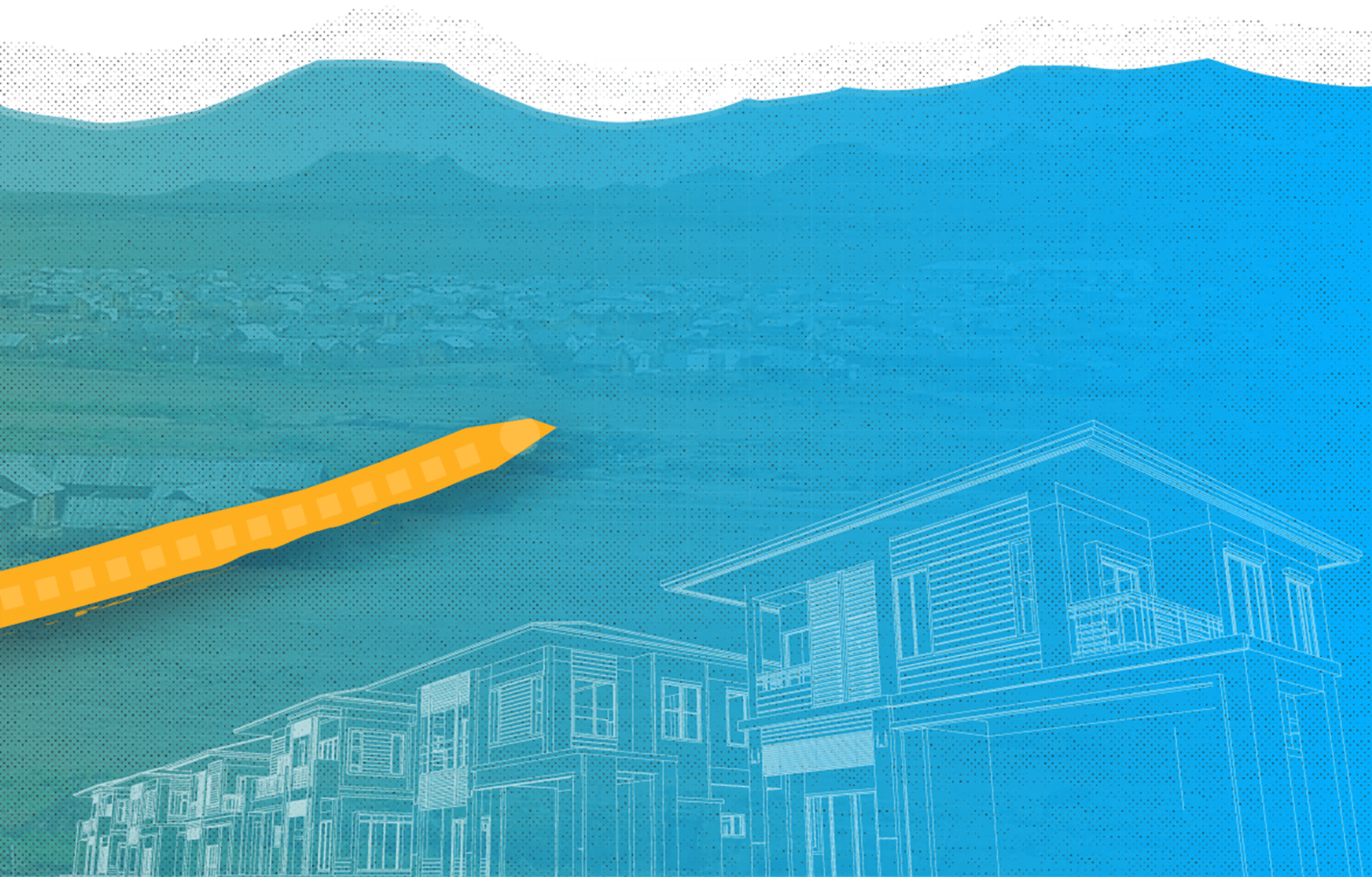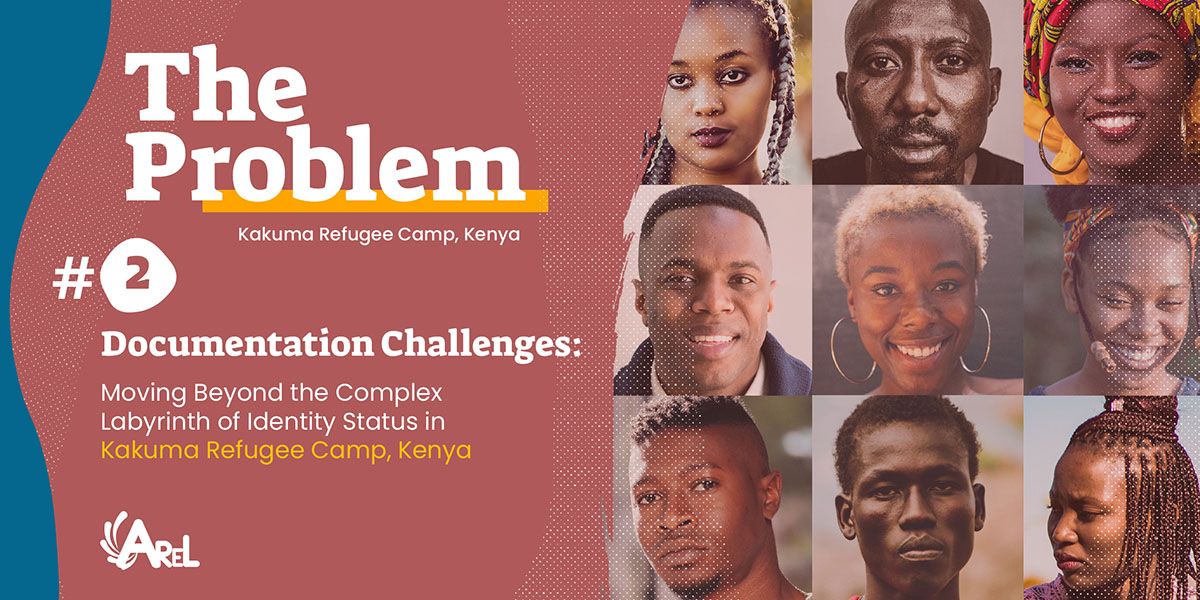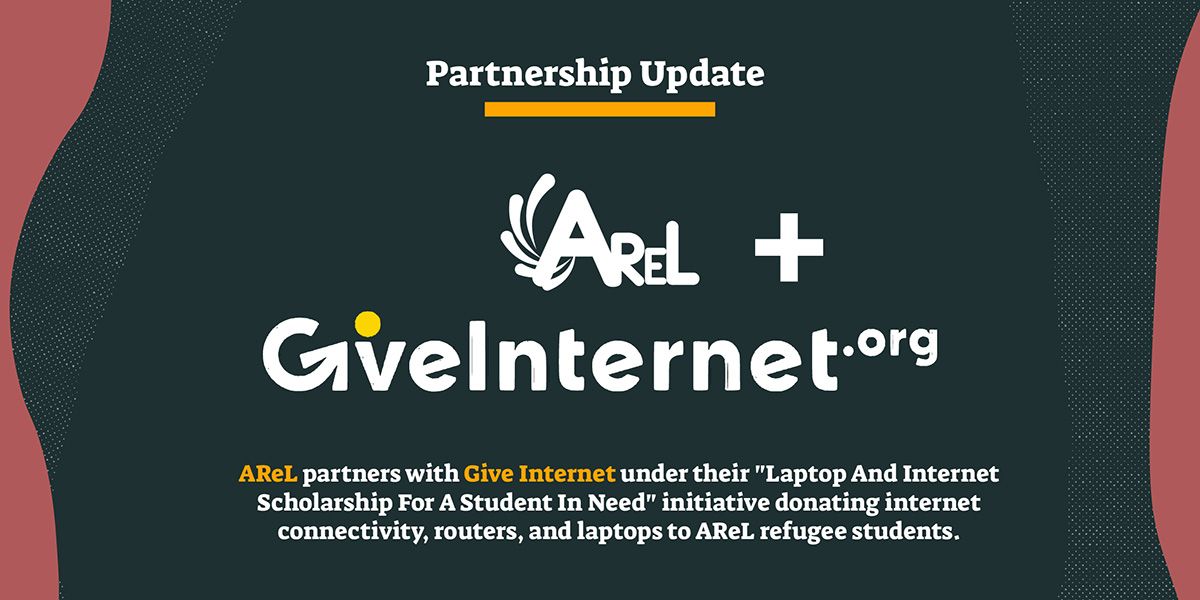
Meet our students and learn more about our work
Refugee
Pathways
Pathways
Action For
Refugee Life
Empowering refugees with the education, skills, and support they need for a self-reliant future.

Meet our students and learn more about our work
Refugee
Pathways
Action For
Refugee Life (AReL)
Empowering refugees with the education, skills, and support they need for a self-reliant future.

Meet our students and learn more about our work
Refugee
Pathways
Pathways
Action For
Refugee Life (AReL)
Empowering refugees with the education, skills, and support they need for a self-reliant future.
Action
For
Refugee
Life
Empowering refugees towards a self-reliant future.

Meet our students and learn more about our work
Who We Are
We are Action for Refugee Life (AReL), a refugee-led social impact organization founded in 2022 in Kakuma refugee camp striving to build a path to a sustainable and self-reliant future for the refugee community.
Who We Are
We are Action for Refugee Life (AReL), a refugee-led social impact organization founded in 2022 in Kakuma refugee camp striving to build a path to a sustainable and self-reliant future for the refugee community.
Partners















Our Journey
From inception, to the launch of our first pilot program, and beyond. Take a visual journey with us to follow our progress through each milestone and learn where we are heading next.
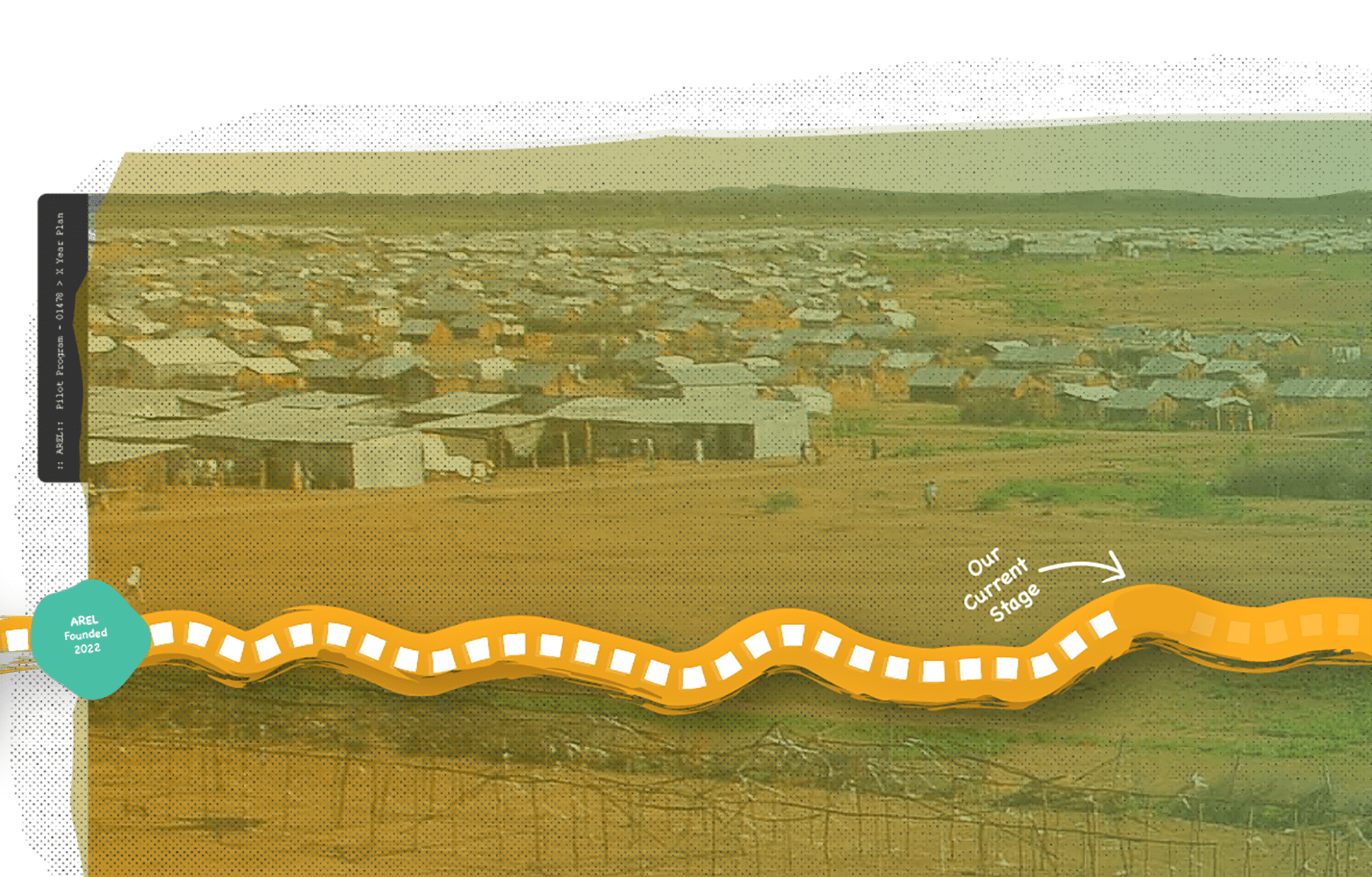
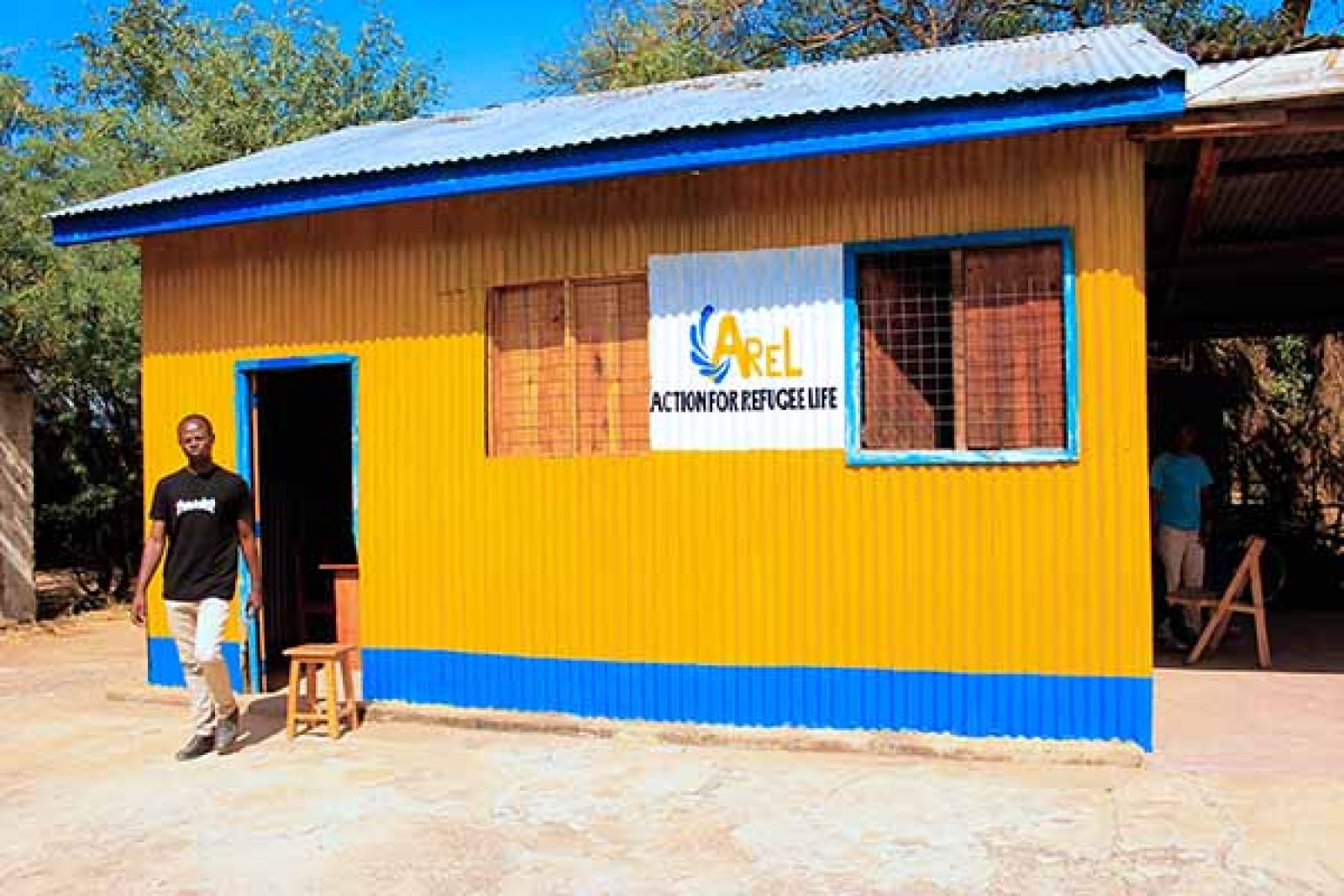
Center Established
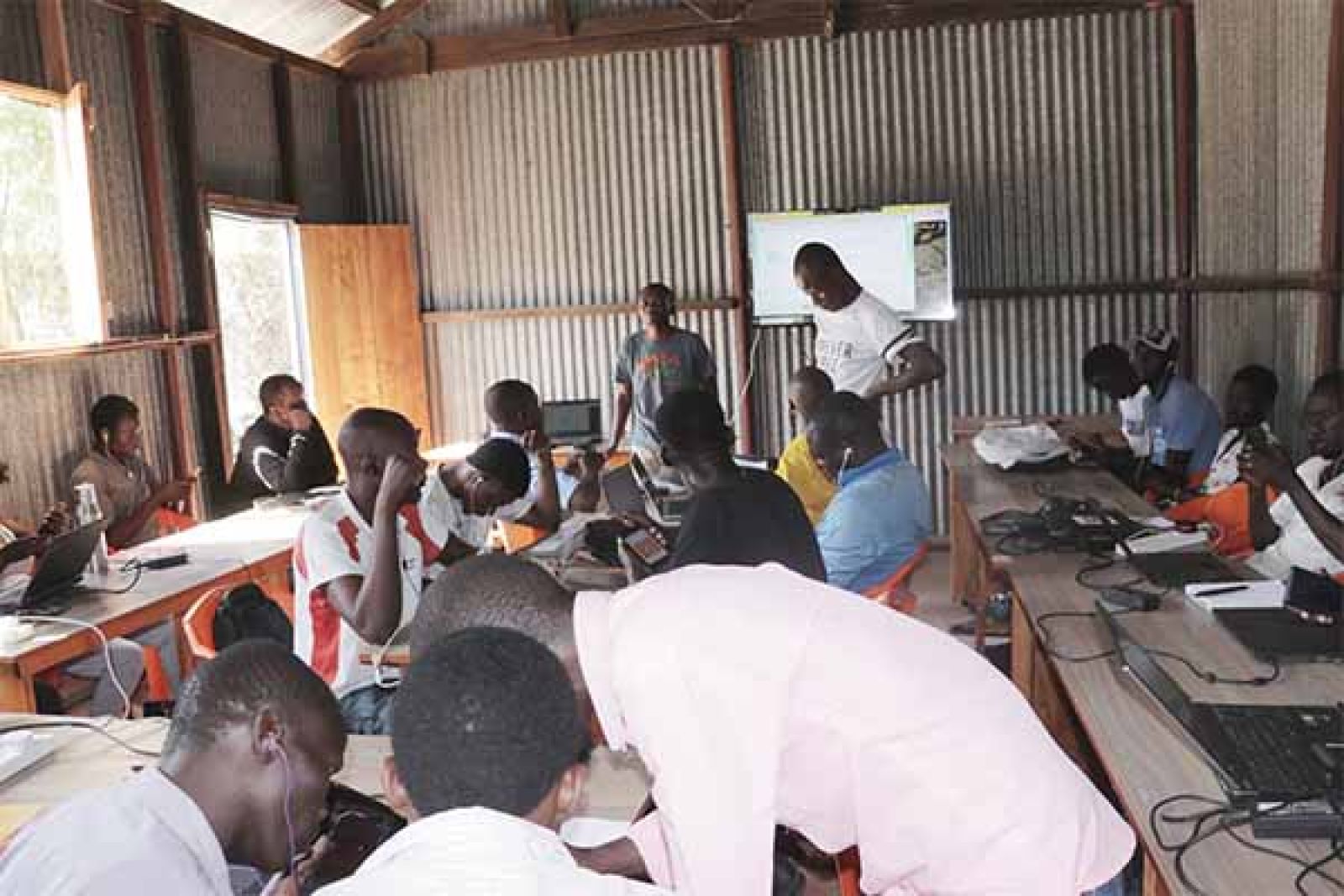
Student Induction
Today, we successfully held our 1st student induction, where we assessed students' preparedness for the first cohort (we test for English, etc.)
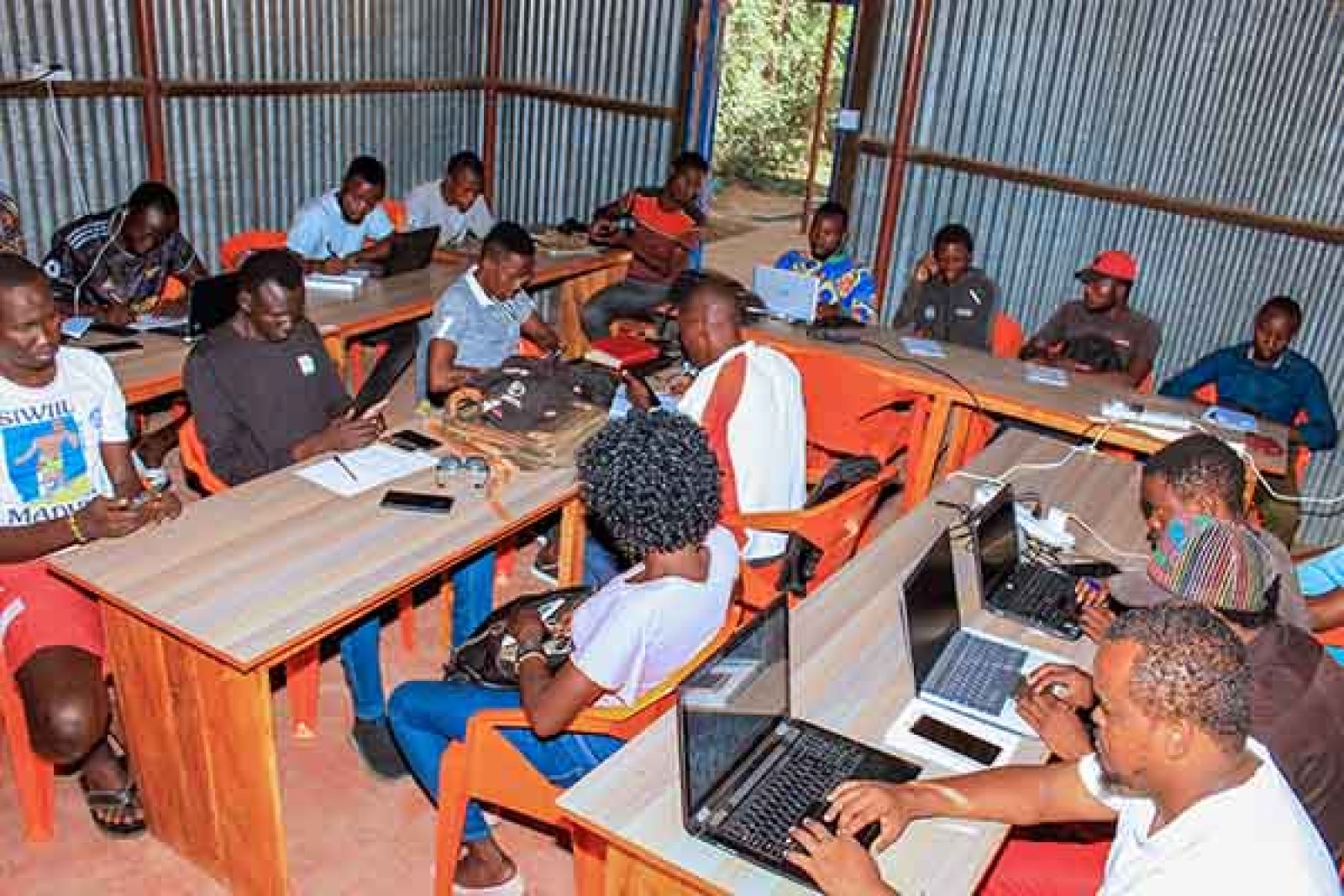
Classes Launch
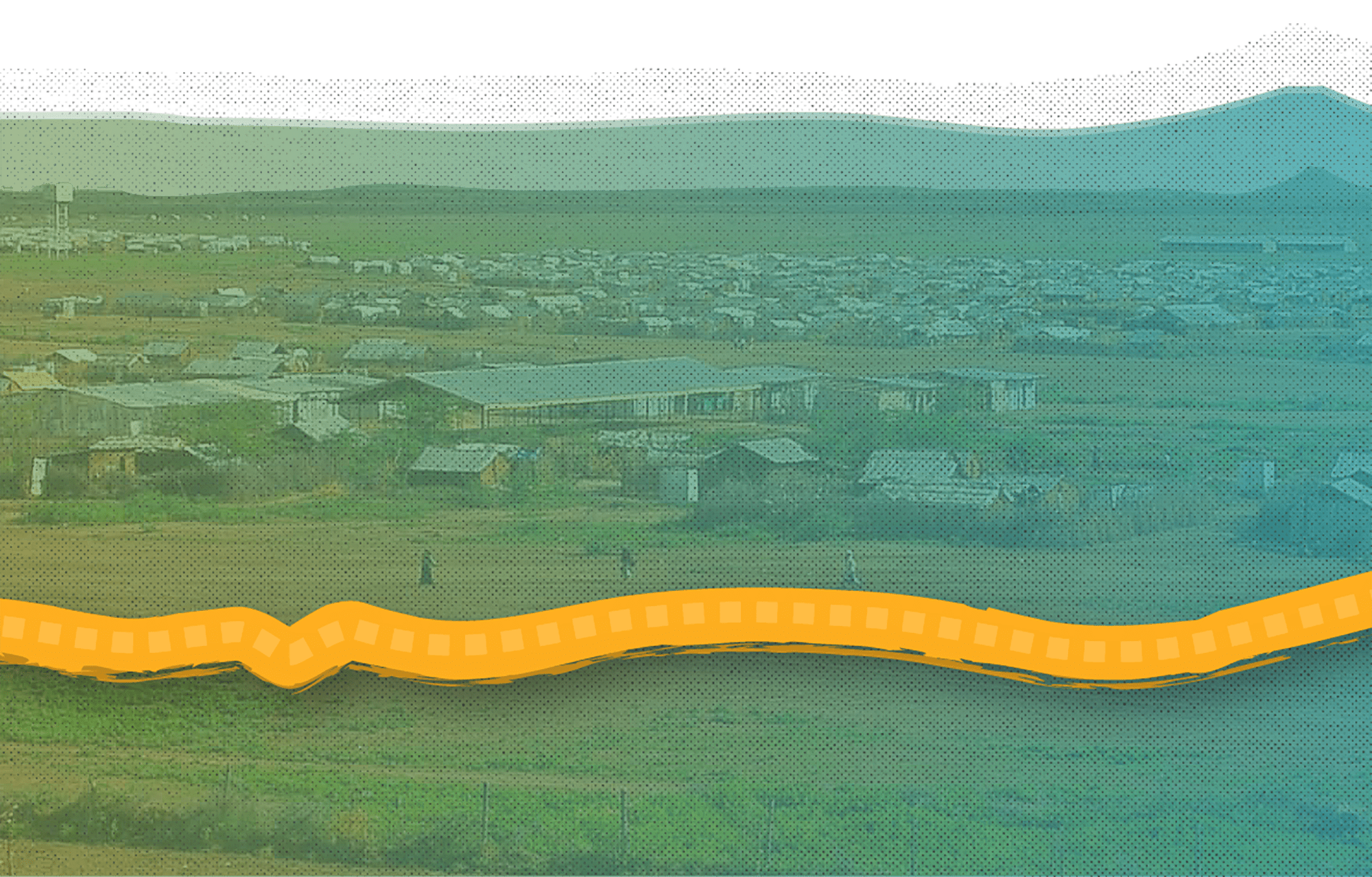
Graduation
Graduation for the first program to upskill refugees in Digital Marketing will be end of Q3, 2023.
Data Analysis
Our first program course for Data Analysis will begin in September, 2023, with plans for morning and afternoon cohorts.
Front-end Development
Our first program course for Front-end Development will begin in Oct, 2023, with plans for morning and afternoon cohorts.
Pilot Insights

Our Journey
From inception, to the launch of our first pilot program, and beyond. Take a visual journey with us to follow our progress through each milestone and learn where we are heading next.


Center Established

Student Induction
Today, we successfully held our 1st student induction, where we assessed students' preparedness for the first cohort (we test for English, etc.)

Classes Launch

Graduation
Graduation for the first program to upskill refugees in Digital Marketing will be end of Q3, 2023.
Data Analysis
Our first program course for Data Analysis will begin in September, 2023, with plans for morning and afternoon cohorts.
Front-end Development
Our first program course for Front-end Development will begin in Oct, 2023, with plans for morning and afternoon cohorts.
Pilot Insights

Our Journey
From inception, to the launch of our first pilot program, and beyond. Take a visual journey with us to follow our progress through each milestone and learn where we are heading next.
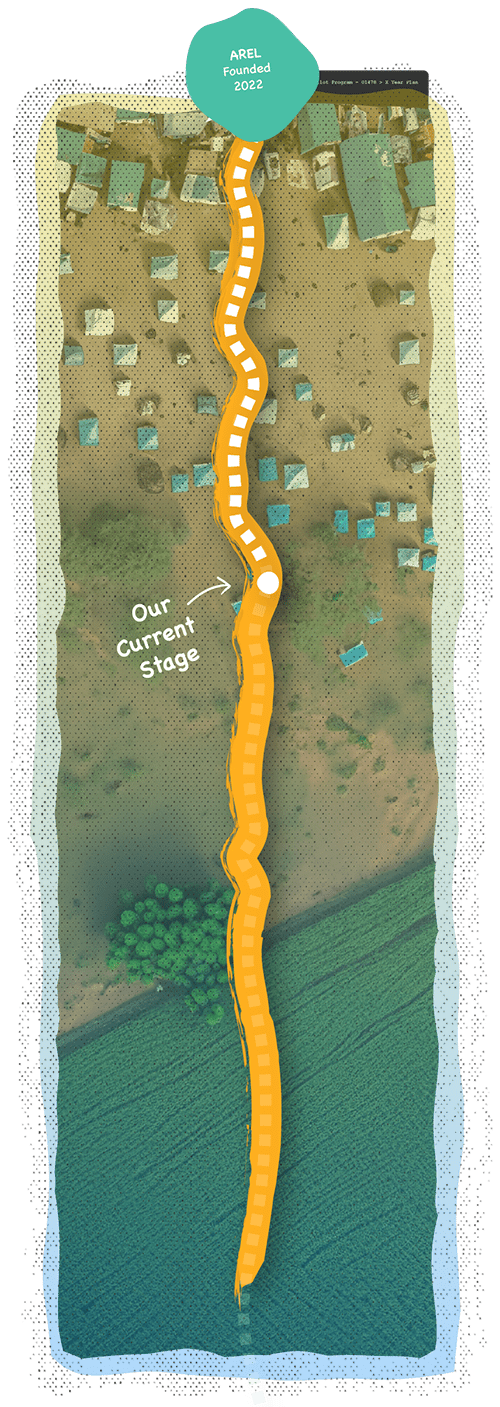
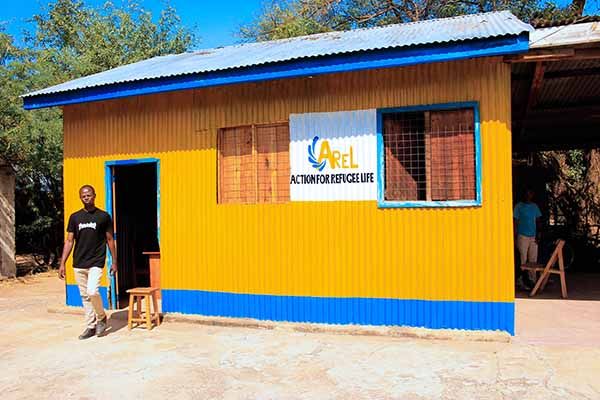
Center Established
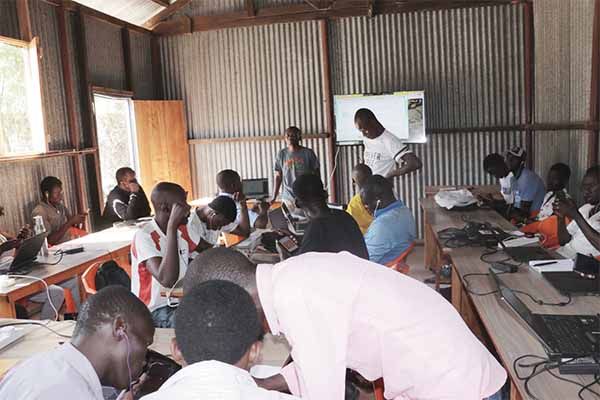
Student Induction
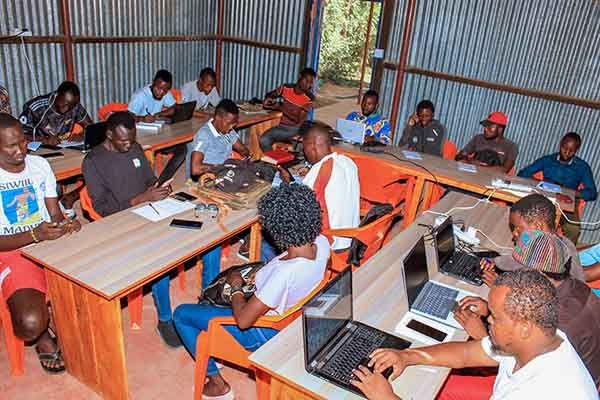
Classes Launch
07/04/2023: Today, our 1st pilot has officially taken life. Classes for our first cohort were held for both morning and afternoon sessions.
Graduation
Graduation for the first program to upskill refugees in Digital Marketing will be end of Q3, 2023.
Data Analysis
Our first program course for Data Analysis will begin in September, 2023, with plans for morning and afternoon cohorts.
Front-end Development
Our first program course for Front-end Development will begin in Oct, 2023, with plans for morning and afternoon cohorts.
Our Journey
From inception, to the launch of our first pilot program, and beyond. Take a visual journey with us to follow our progress through each milestone and learn where we are heading next.


Center Established

Student Induction

Classes Launch
07/04/2023: Today, our 1st pilot has officially taken life. Classes for our first cohort were held for both morning and afternoon sessions.
Graduation
Graduation for the first program to upskill refugees in Digital Marketing will be end of Q3, 2023.
Data Analysis
Our first program course for Data Analysis will begin in September, 2023, with plans for morning and afternoon cohorts.
Front-end Development
Our first program course for Front-end Development will begin in Oct, 2023, with plans for morning and afternoon cohorts.
Current Pilot Program:
Q3 / 2023
264
40
25
Youth Focus
25-35
Avg Age Of Student
92% of Students are Below The age of 35. Most are between the age of 25 and 35
View our pilot training course
Current Pilot Program:
Q3 / 2023
264
40
25
Youth Focus
18-35
Primary Age Range
92% of Students are below the age of 35. Nearly 40% are under the age of 25, with 53% being between the age of 25-35.
